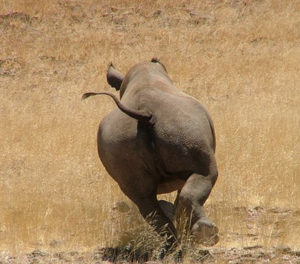
BEE Energy Efficient to use waste beer to make hand sanitiser

Following a partnership agreement, BEE Energy Efficient recently took delivery of around 30,000 litres of waste beer from ABInbev Namibia’s Welwitschia Brewery in Okahandja to be used as a key ingredient in their Green Hand Sanitiser and other hygiene products, while helping the brewery safely dispose of thousands of litres of lager.
With the nation-wide lockdown due to the Corona virus pandemic during the first quarter of 2020, and the associated ban on alcohol sales during this time, the brewing industry has been forced to pour hundreds of thousands of litres of expired or soon to be expiring beer down their drains.
Windhoek-based BEE Energy Efficient saw opportunity in offering ABInbev Namibia a solution to their waste beer stock. BEE up-cycles Used Cooking Oil (UCO) and waste animal oils, raw material and production waste such as ink and of course beer. They then use the resulting products to manufacture biofuels and hygiene products.
This is the first time beer is being disposed of in this environmentally-friendly manner. The process involves BEE collecting the waste product in Okahandja where the beer is also denatured; made unfit for human consumption. It is then transported to the BEE plant in Windhoek where the company distils out the alcohol and disposes of the remaining liquid.
According to Bruce Salt, one of the founding partners of BEE, for each 10 000 litres of beer distilled, around 500 litres of ethanol is collected.
“It is a lot of work for a small amount of ethanol, but for us, it’s all about building a relationship with ABInbev who would otherwise simply pour out the beer. Now we can take it, repurpose, and reuse it and make our BEE Green Hand Sanitiser out of it – essential during the pandemic. It also means we are less reliant on ethanol imports from South Africa,” Salt said.
He also added that waste beer would usually come in the form of cans or bottles, but due to these extraordinary times, the first consignment to BEE was tanked from the brewery’s large holding tanks directly into the waiting BEE tanker truck.













































